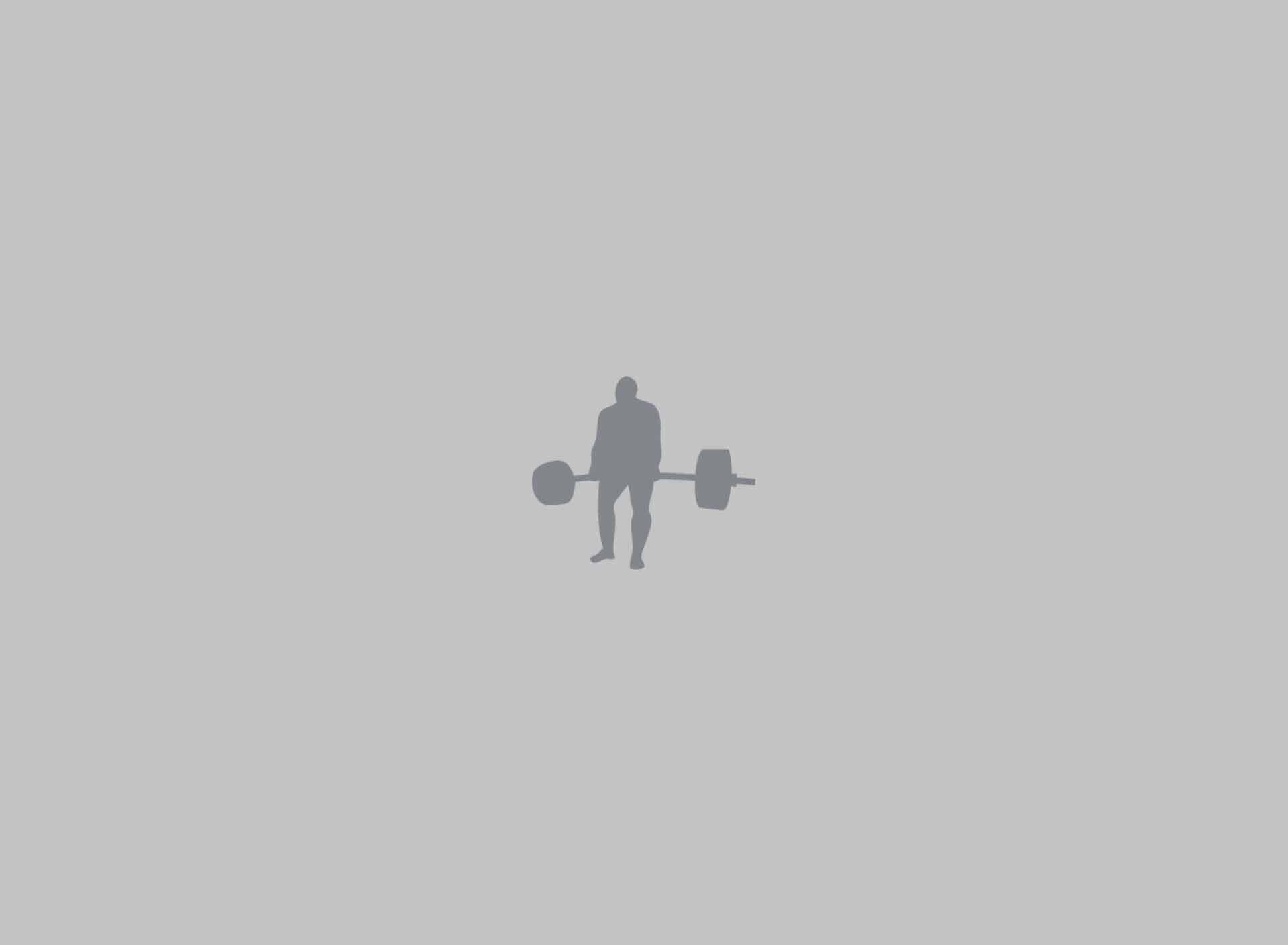Written by Ariel Stephens
“Our deepest fear is not that we are inadequate. Our deepest fear is that we are powerful beyond measure. It is our light, not our darkness that most frightens us.” – Marianna Williamson
Why would we be afraid of greatness? Don’t we, as athletes, strive to be great every day? But, what is greatness? What does greatness encompass? How do we become great?
Greatness, is a loaded word. Many people have different ideas of what it means to be great. However, I think that most people can agree that it means to better, the best. Better than someone else, better at a specific task, and/or better than you were the day before. How do we know if we are great and who decides it? Since there are so many factors that play into ‘greatness’, I’ll focus on personal greatness.
The only way to become better than you were the day before, is to be smart. Notice that I did not mention specifically, that it is to work harder. Training smart means backing off when you are injured, pushing when you are not, eating in way that will maximize your training/competition potential, learning to be mentally tough, and developing your weaknesses into your strengths.
Check out Ariel hitting a clean PR of 105kg (231 pounds) last week!!
If you ask yourself why you currently don’t think you are great, what is the answer? More than likely, your answer involves something that is holding you back. Your weakness(es). A weakness can be in the form of strength, agility, athletic ability, even being genetically ungifted for a certain movement, but one of the most important weaknesses that people often ignore, is mental weakness.
If you cannot harness the thoughts in your mind, how can you expect to become the greatest athlete that you can be? You can train the hardest and have the best technique, but a lack of self confidence can end a competition or game before it starts. You may be the best in training, but if it doesn’t transfer over into competition, then what does it mean to you? That you are the best training athlete? If that is your idea of greatness, then you have achieved personal greatness and should not be disappointed. If it’s not, then continue reading.
Self confidence is everything. I spent 12 years swimming to be great and achieving mediocrity. Why? Because I constantly doubted myself. Yes, I am not exactly genetically designed to be an elite swimmer, but I did not achieve personal greatness. It wasn’t because I didn’t work hard, it was because I constantly compared myself to every other collegiate swimmer and doubted my abilities. It was exhausting!
Last March, when I began weightlifting, I decided that I wanted to be great. It didn’t mean that I still didn’t have my doubts, but it meant that when it was time to train and compete, those doubts had to diminish. I remember my coach telling me that I would clean and jerk 100kg and snatch 75 kg before 2013. I laughed. I wasn’t sure if I was capable of achieving this, but if someone else thought I could achieve this, then why shouldn’t I believe it? From this point on, every time I trained or competed, I told myself that I was strong and competitive. I wasn’t married to the numbers, I was in love with the confidence I felt every time I approached the bar.
It is important to remember that your mental strength is just as important as your physical strength. Think about this. If you have a certain movement that you describe as your weakness, ask yourself why. More often than not, athletes will train their strengths more than their weaknesses. How many times have you heard someone say, “If I make my strengths as strong as I can, it will compensate for my weakness(es).” It makes sense, right? Wrong. This may work for awhile, but not forever.
As much as you may absolutely hate training your weakness(es), it is a necessity to achieve your personal greatness. Training a weakness can develop that movement that has always held you back while training your mind to trust your body. When you train something that you hate doing, you are training your mind to overcome the negative thoughts toward that movement. When I say train, I mean really train it. Train and approach your weakness(es) like you do your strengths.
Become confident in your competitive self to optimize your potential. Use training to overcome your negative thoughts. This will translate to competitions. When a doubt creeps into your mind, reassure yourself that you are strong, you are competitive. Don’t let your hard work go unnoticed due to your inability to harness your mind.
As long as you train smart, the physical strength will come. In combination with your mental preparation, you will give yourself the best opportunity to achieve personal greatness. Don’t be afraid to be great.
Ariel Stephens is a fast rising Olympic weightlifter based out in Woodland, CA and competing for Monterey Bay Barbell Club where she is coached by Jacob Tsypkin. Ariel competed in swimming for the University of Hawaii-Manoa before beginning to compete in weightlifting in March 2012. Her PRs of 98kg in the Clean and Jerk and 76kg in the Snatch make her a very formidable competitor in the 69kg weight class.






